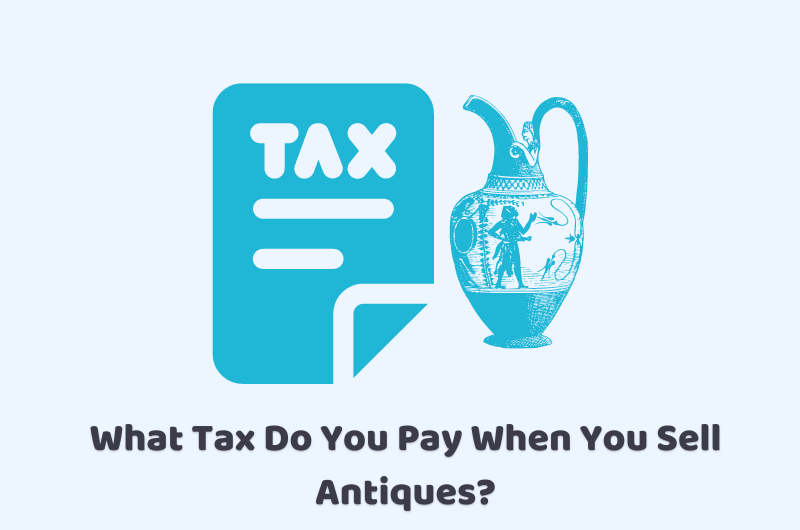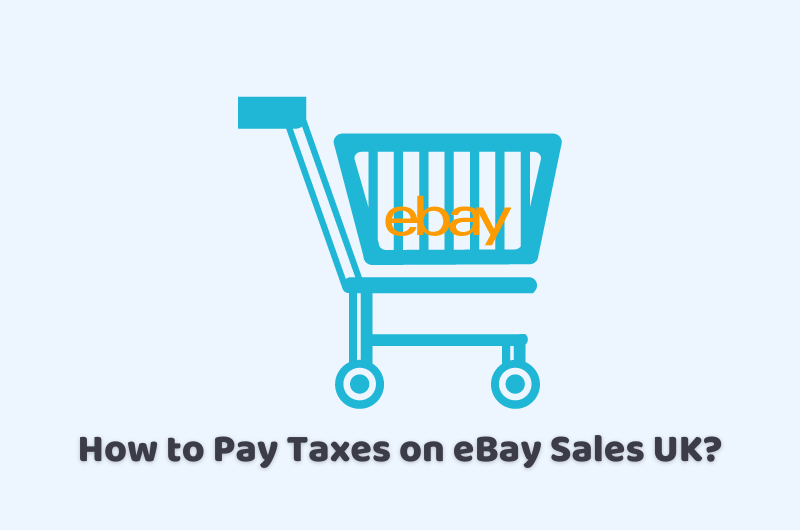01/03/2023tax , Tax Issues , Tax News and Tips , Tax Saving Tips , Taxation
We all aim to take benefits from the old and precious stuff we have in our homes that came from the category of antiques or are years old and have precious market value still. If you are also the one who is looking for a beneficial way to get an advantage from owning an antique, …
Read more

